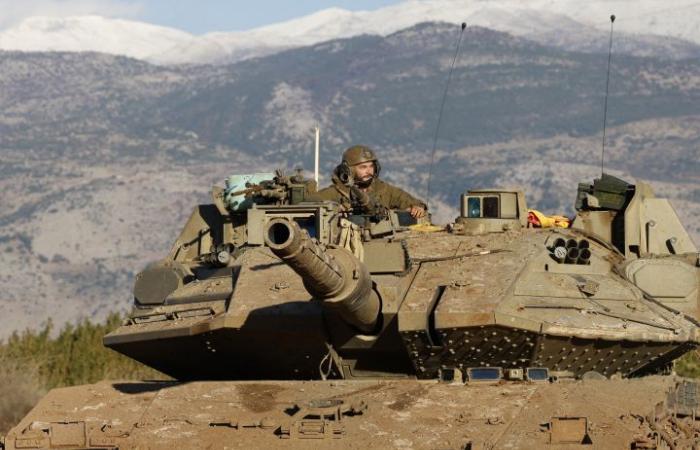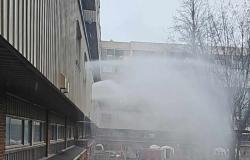Israel and Lebanon concluded a ceasefire agreement on Tuesday aimed at ending hostilities that erupted when Hezbollah opened the southern front on October 8, 2023, in support of Hamas, and which culminated with the The major offensive launched by Tel Aviv against the pro-Iranian formation on September 23.
Unlike 2006, when Hezbollah kidnapped two Israeli soldiers on the southern border, triggering a war with Israel, official Lebanon today finds itself committed by a state-to-state agreement and not by the text of a resolution. non-binding UN, to guarantee stability in the southern part of the country.
The text of the agreement provides for a series of measures intended to ensure this stability by blocking the way for any possibility of rearmament of Hezb. And this, among other things, is one of the fundamental points of the agreement.
The document which, like 1701, confirms the sole sovereignty of the State in South Lebanon, grants Lebanon an additional mission, that of the dismantling of illegal military infrastructures, including unauthorized weapons production sites, and of the seizure of weapons “which do not comply with the terms of the agreement”. However, it does not limit this mission to the south of the country, which practically corresponds to an indirect implementation of the provisions of resolution 1559 on the disarmament of militias. It is up to the Lebanese government to show now that it is up to the commitments it has made and the aspirations of the Lebanese who can no longer bear to suffer all the consequences of the presence, in their country, of illegal weapons in the service Iran’s interests in the region.
Here are the main points of the agreement:
Hezbollah and all other armed factions present on Lebanese territory undertake not to carry out offensive actions against Israel. For its part, Israel will refrain from any offensive military operation against targets in Lebanon, whether land, air or sea.
Both countries recognize the importance of United Nations Security Council Resolution 1701, adopted in 2006, as the legal basis for maintaining peace in the region.
These commitments do not, however, call into question the right of Israel and Lebanon to exercise self-defense in the event of a direct attack.
In South Lebanon, only Lebanese security forces and the Lebanese army will be authorized to carry weapons or carry out operations. Any sale, production or import of weapons will be strictly supervised by the Lebanese government.
Illegal infrastructure, including unauthorized weapons production sites, will be dismantled. Weapons that do not comply with the terms of the agreement will be seized by the competent authorities.
A joint commission, accepted by Israel and Lebanon, will be set up to oversee the implementation of the commitments and ensure their compliance. This commission, as well as UNIFIL (United Nations Interim Force in Lebanon), will be informed of any potential violation of the agreement.
Lebanon will deploy its armed and security forces along the borders, crossing points, and the line demarcating the southern region, in accordance with the agreed plan.
Israel undertakes to gradually withdraw its military forces from South Lebanon, returning to the Blue Line within a maximum period of 60 days.
Finally, the United States will play an active role in facilitating indirect negotiations between Israel and Lebanon to reach a final agreement on the demarcation of their land border.
The agreement is hailed as a major step forward in efforts to reduce tensions in the region, with hopes of establishing lasting peace between the two countries.






